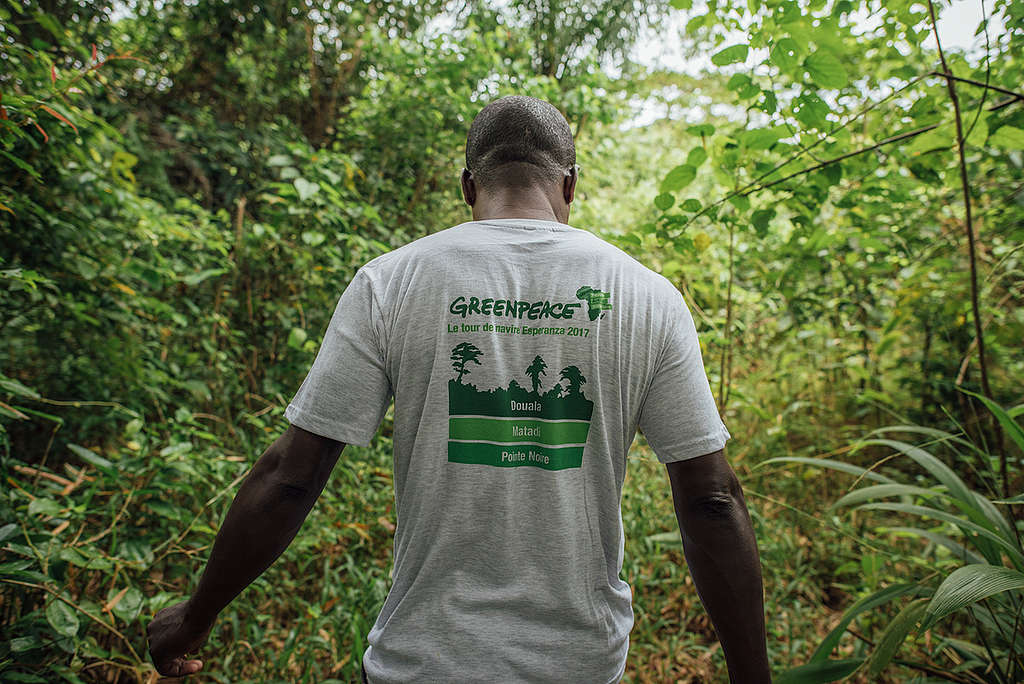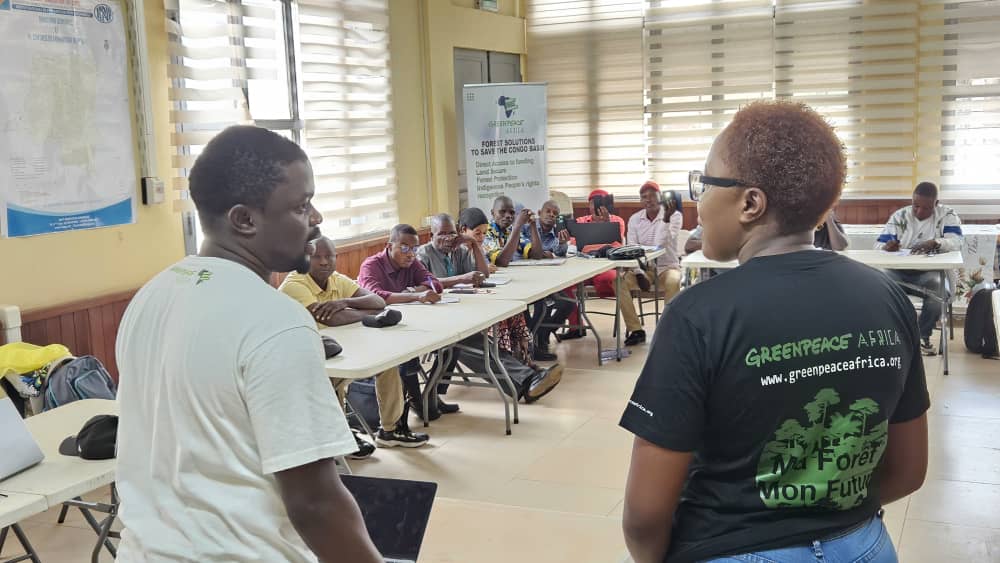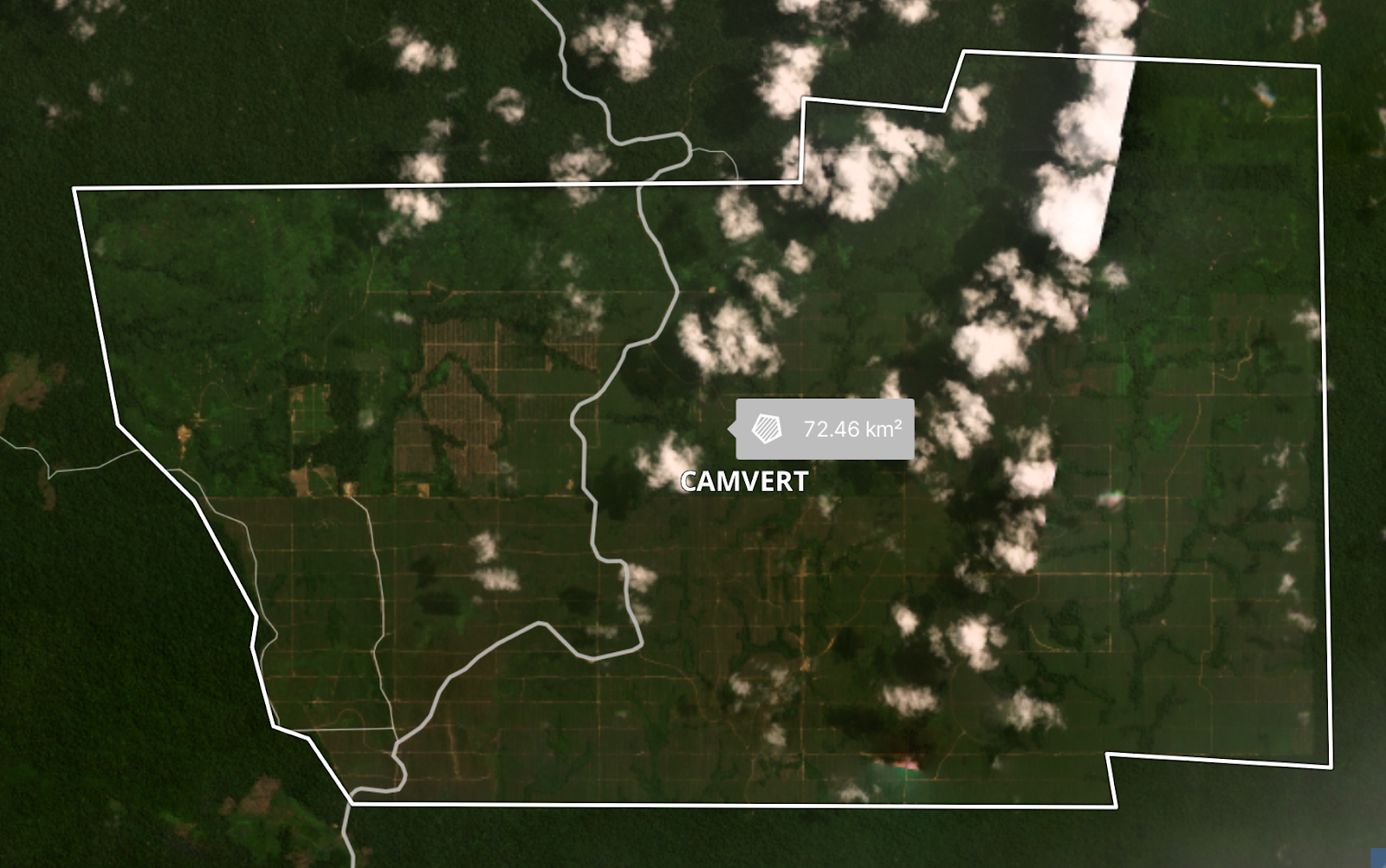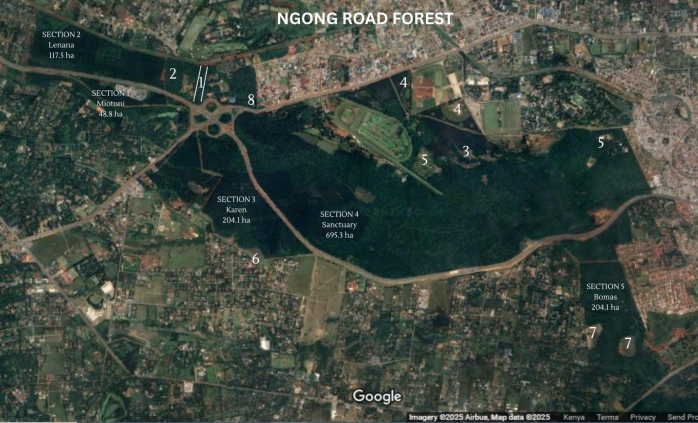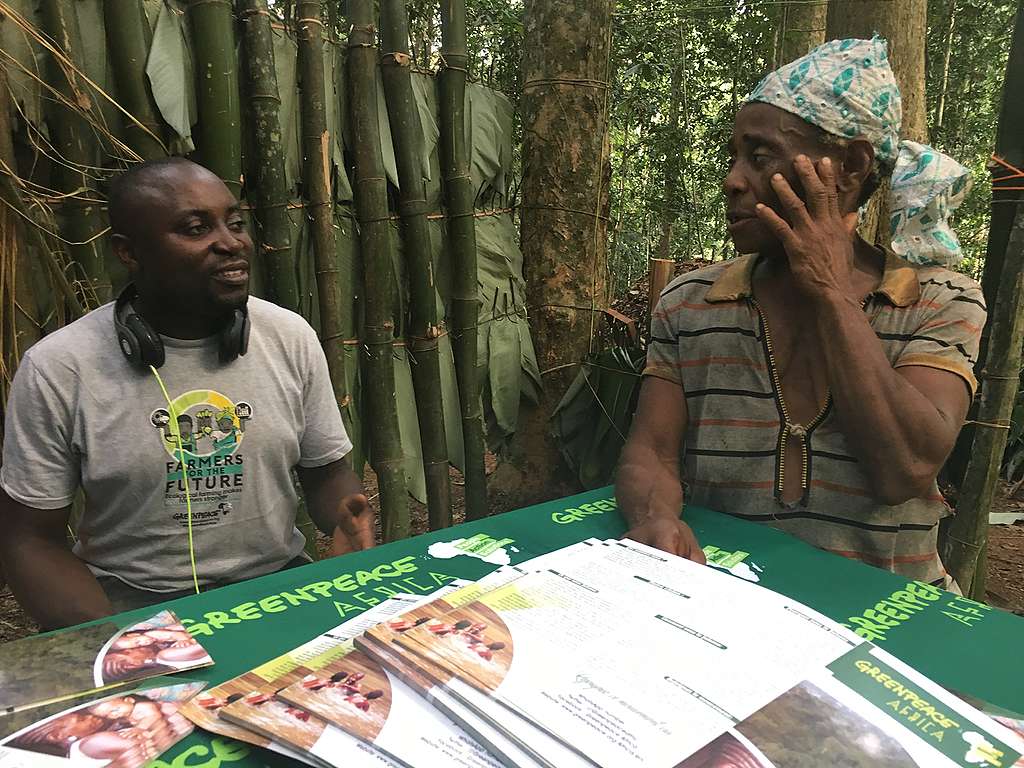
Human beings love comfort, freedom and certainty. The COVID-19 lockdown has instantly taken all that away from landing us in a new reality and an unchartered territory. Some react with anger, some are getting bored, depressed or paranoid, but even those of us who remain perfectly calm, are worried about how and when this will all end.
Many are looking for easy answers. It’s China’s fault. It’s Trump’s fault. It’s poor Africans or Asians eating bushmeat who are to blame. Some industries, such as oil producers, are using this crisis to demand deregulation and the roll-back of important measures, like bans on single-use plastic. Some governments are guilty of exploiting this health crisis to aggravate the climate and biodiversity crises. My own government in Cameroon recently published two new huge logging concessions of about the size of London, in an area designated for a national park, inside of the world’s second largest rainforest. There may be truth in all those answers. But finding the culprits in the story, doesn’t tell all of it.
On a personal level, many of us manage to find a bright spot in the crisis. It is the spot we can use to self-evaluate and sort out our lives, spend more time with family (even if only through Zoom or WhatsApp), call friends we’ve neglected, and to bond with our loved ones. To pick up the book we were thinking of for months. To e-learn a new language. Since we do not know tomorrow, we can only live in the moment.
But also on a systemic level there is an opportunity. This lockdown is a good time to press the refresh and reset buttons on our relationship with our extended family. With Mother Nature, for example. From Beijing to Paris and New York, choking air pollution levels across the world’s major cities have dropped down. the blue sky has reemerged in the hitherto smoggy New Delhi. Fish and seagulls have reappeared in the canals of Venice.
Since the coronavirus sanctions us to death, disease, joblessness and tremendous anxiety levels, it would certainly require humanity to rebuild their economy. That would allow us to reimagine our relationship with nature and the way we share the planet with other people, but also with animals, forests and oceans.

As we press those refresh and reset buttons, we should reimagine our world according to what we value and miss the most these days: spending time with our loved ones and outdoors. Having enough time to cook our own food, and not relying on processed and antibiotic filled meals. Being productive, but not exhausting ourselves in the rat race of human consumerism and reckless capitalism.
Looking at how nature is reviving across the world, lends us the opportunity to look beyond the horrific impacts of the pandemic. As transition out of an extended period of social distancing, we can reconnect with much of what we’ve been distancing ourselves from already before the pandemic. It is an opportunity for our physical and mental health.
Observing the magnitude of harm that a microscopic creature can bring, our skyscrapers seem smaller than ever. As we move back to whatever version of normal we may find in the coming months, we should do so with humility and an openness to re-learn our world
When mourning well over 100,000 victims of Covid-19, the living would get the chance to celebrate the world anew. As Leonard Cohen sang in his thick voice: there is a crack in everything. That is how the light gets in.
At this time, negativity is perfectly natural, but depression can be a killer. Just like air pollution or the coronavirus itself. So let us find the ways to stay positive, stay safe, pray for those at the frontlines of this pandemic and dare to imagine a different and better world in its aftermath.
Andoh Ashu Rex is the Congo Basin Forest Mobilization Officer for Greenpeace Africa
